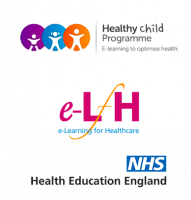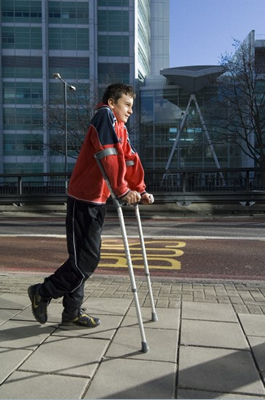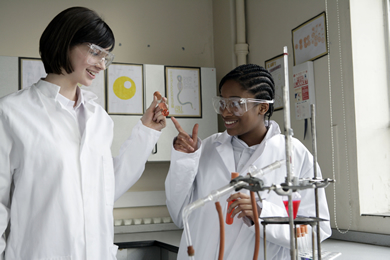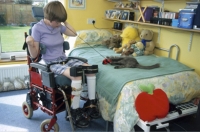Vocational Readiness in Long-term Conditions and Disability



This session addresses the impact of having a long-term condition and disability during adolescence on education and vocation. In addition, the session explores the legislation in place to support young people achieving their vocational potential.
Learning Objectives
By the end of this session you will be able to:
- Describe the impact of long-term conditions and disability on educational/vocational developmental milestones
- Describe the implications of the Equality Act for young people with long-term conditions and disability
All adolescents including those with long-term conditions and/or disabilities have hopes and dreams. They want to:
- Be valued as human beings
- Be treated with dignity
- Have access to education and job training
- Have access to opportunities for social experiences and community involvement, recreation and worship
- Be able to find meaningful work for reasonable pay when they are ready for it
Yet studies show that adolescents with long-term conditions and/or disabilities are more often unemployed and more socially isolated. Studies have also shown that those who are involved in their care have lower expectations for their future.
Before commencing this session you should complete the following AH session:
- 06_001 The Experience of Long-term Conditions During Adolescence (401-0025)
Dr Janet E McDonagh is a Clinical Senior Lecturer in Paediatric and Adolescent Rheumatology at the Centre for Musculoskeletal Research at University of Manchester and Honorary Consultant paediatric and adolescent Rheumatologist at Royal Manchester Children’s Hospital.
Her main clinical and research interests are in adolescent health and transitional care. She has a particular interest in models of care for adolescents with chronic conditions that support young people’s emerging capacity for self-management, that ensure appropriate health risk assessment, support transition to adult health care, adherence to treatment guidelines and engagement with other health care services.
She is a member of the Barbara Ansell National Network for Adolescent Rheumatology, convenor of the Royal College of Paediatrics and Child Health Young Person’s Special Interest Group, co-chair of the Royal College of Physicians Young Adult and Adolescent strategy group and is on the advisory council of the Association for Young People’s Health.
Dr McDonagh is also involved in the development of training for health professionals in adolescent medicine including her role as a trainer in the European Teaching Effective Adolescent Care and Health initiative

- Anaesthesia Fundamentals | Physiology | Hormonal a...
- Posted By eIntegrity Healthcare e-Learning
- Posted Date: 2024-11-26
- Location:Online
- This session provides an outline of the key hormonal and metabolic factors that regulate cardiac function.
- Anaesthesia Fundamentals | Physiology | Central an...
- Posted By eIntegrity Healthcare e-Learning
- Posted Date: 2024-11-26
- Location:Online
- This session provides an outline of the central and autonomic mechanisms which regulate cardiac function.
- Anaesthesia Fundamentals | Physiology | The Electr...
- Posted By eIntegrity Healthcare e-Learning
- Posted Date: 2024-11-26
- Location:Online
- This session considers how abnormalities of the cardiac conduction system alter the ECG.
- Anaesthesia Fundamentals | Physiology | Cardiac El...
- Posted By eIntegrity Healthcare e-Learning
- Posted Date: 2024-11-26
- Location:Online
- The session discusses the formation of the action potential activity within the heart that can be recorded to produce an electrocardiogram (ECG).
- Anaesthesia Fundamentals | Physiology | The Cardia...
- Posted By eIntegrity Healthcare e-Learning
- Posted Date: 2024-11-26
- Location:Online
- This session describes the cardiac events that occur from the beginning of one heart beat to the beginning of the next. The relationship between the electrical and mechanical events is a fundamental part of cardiovascular physiology and explains how cardi








